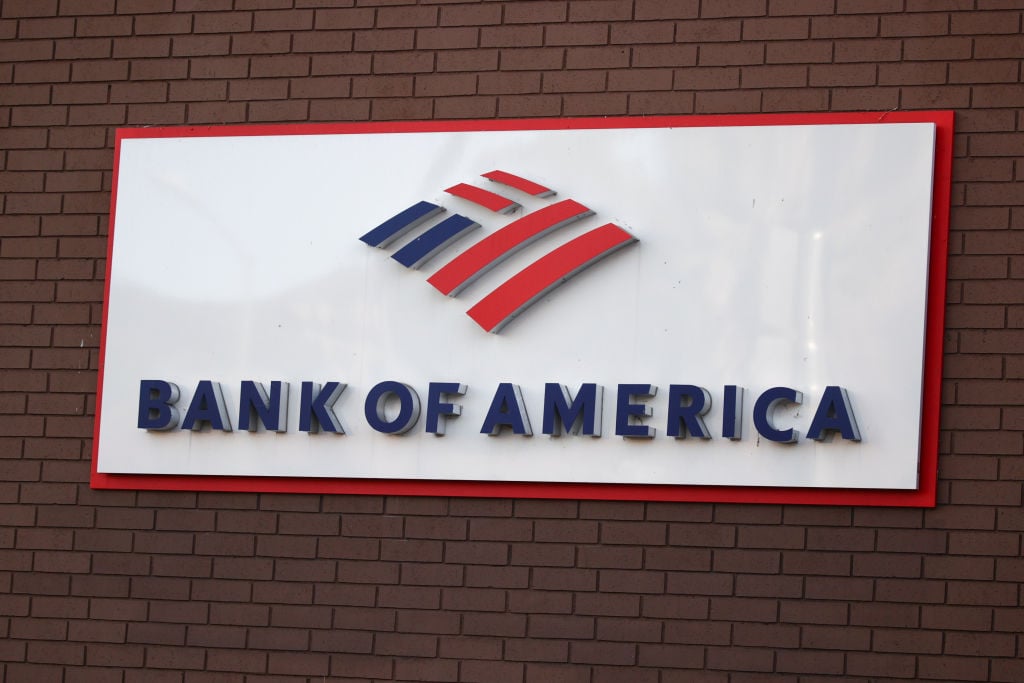If you're going to invest in banks, then it's important to understand their most unique trait: large amounts of leverage. You can see this by looking at Bank of America (BAC +0.72%), the nation's second-biggest bank by assets.
At the end of the second quarter, while Bank of America had $252 billion worth of shareholders' equity, its asset portfolio was nearly 10 times larger, at $2.15 trillion.

How can Bank of America own such a large asset portfolio with such a small (comparatively speaking) amount of equity? The answer is that it borrows money. It holds more domestic deposits than any other bank. It also borrows hundreds of billions of dollars from institutional investors in the form of short- and long-term loans.
This is good business if you can get it. In the six months ended June 30, Bank of America earned $19.9 billion from this activity, known as interest rate arbitrage. Its assets generated $25.1 billion in interest income, while it cost the bank only $5.2 billion to borrow the money necessary to fund its assets.
Further sweetening the pot is the fact that a material amount of these deposits is insured by the FDIC -- 40% to be exact. This reduces depositors' incentive to withdraw their funds en masse if/when Bank of America were to run into trouble again, as it did seven years ago. Not only are deposits an inexpensive way to fund its asset portfolio, in other words, but they're one of the most stable ways to do so as well.

As we learned during the financial crisis, of course, this type of business model is far from bulletproof. Compared to most other types of businesses, one could argue that banks are the most susceptible to failure at any particular point in time.
This stems, again, from their use of leverage. In Bank of America's case, a mere 10% decline in the value of its assets would more than eat through the entirety of its shareholders' equity.
This makes investing in bank stocks different than investing in, say, the shares of an established retailer like Walmart. This doesn't mean that you should avoid bank stocks altogether, but it does mean that you should be selective when it comes to choosing ones to add to your portfolio. With bank stocks, as with many other things, you truly do get what you pay for.






